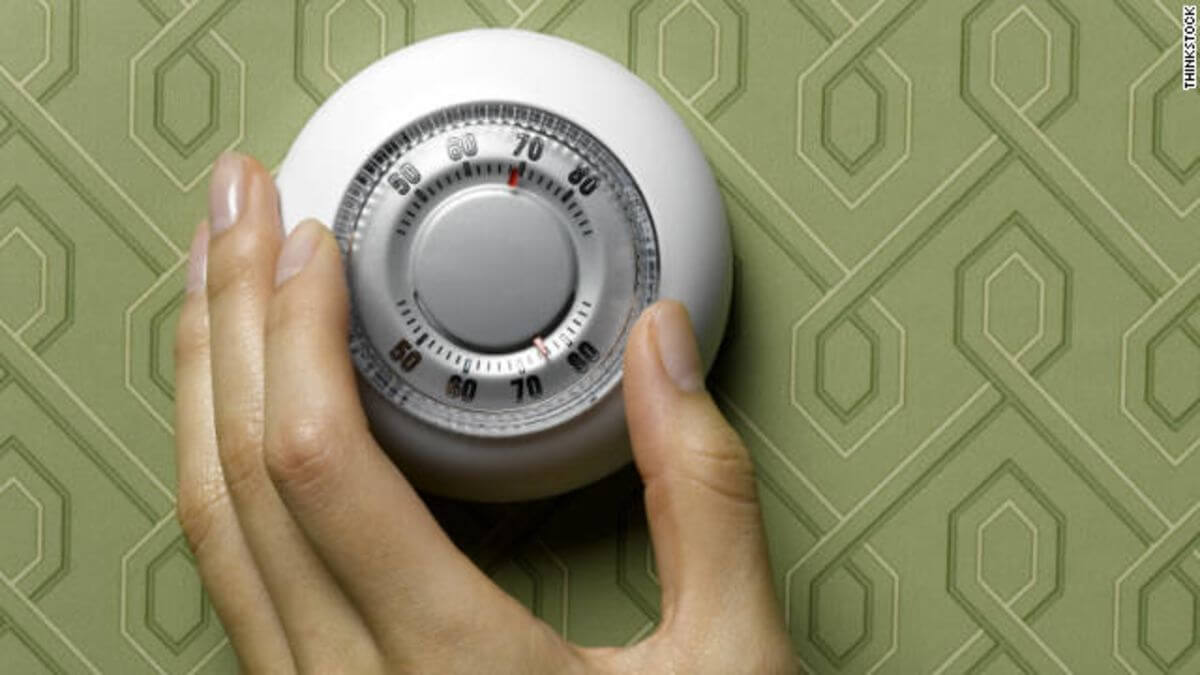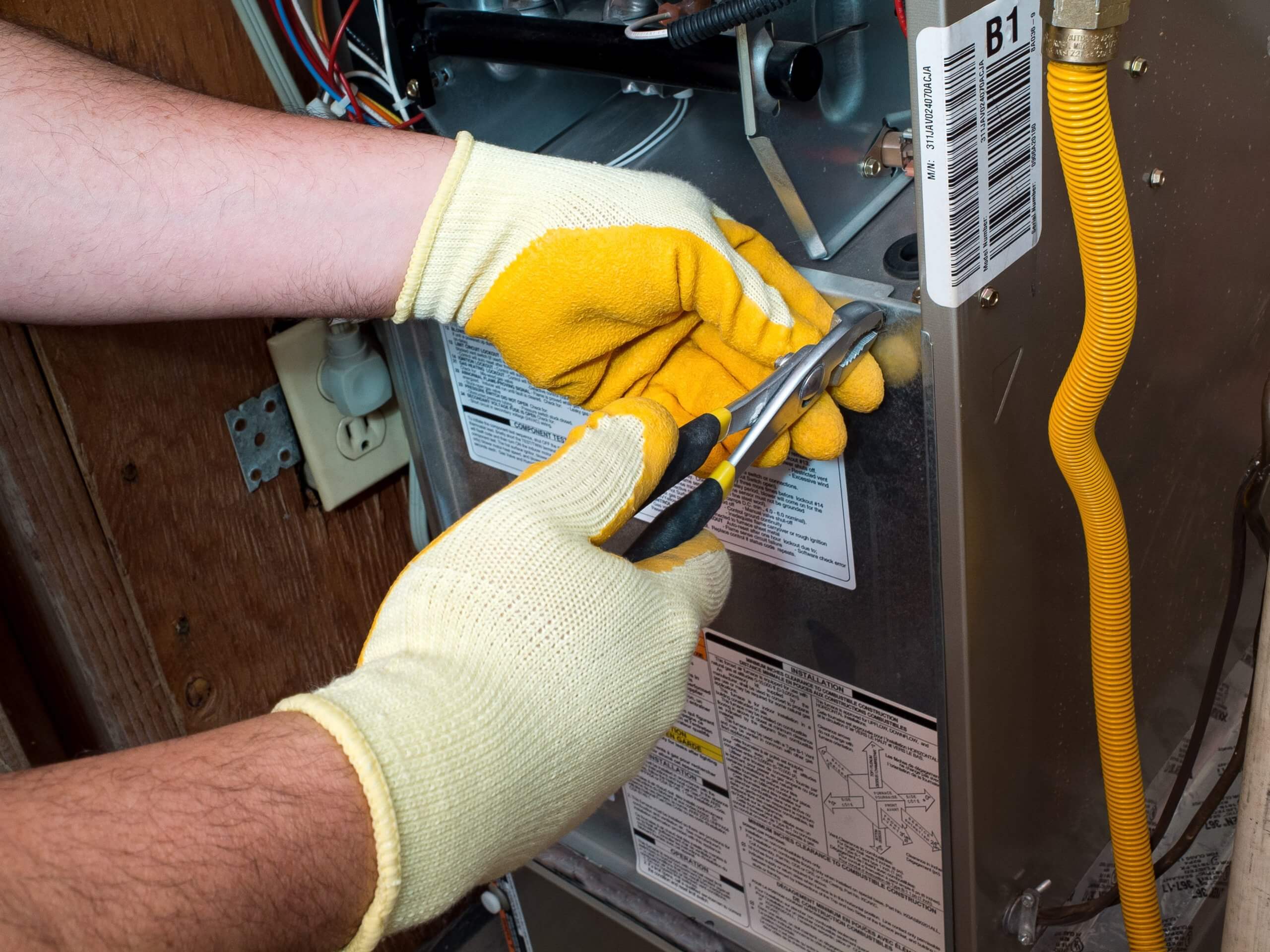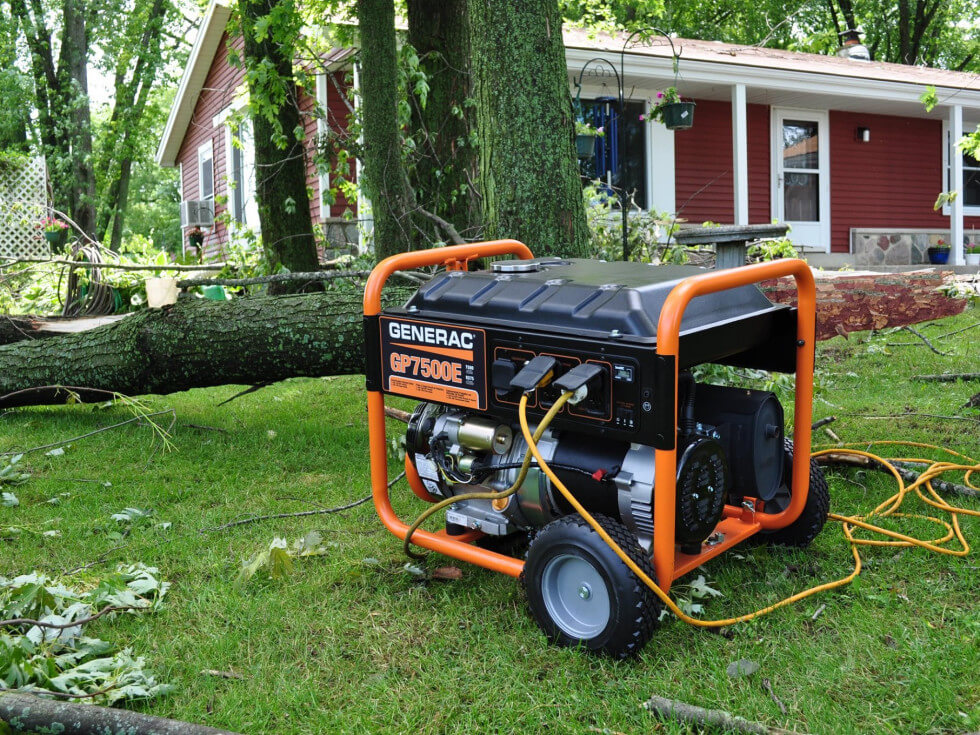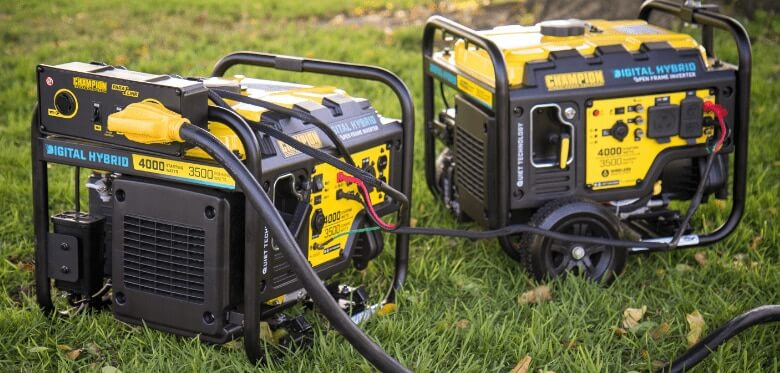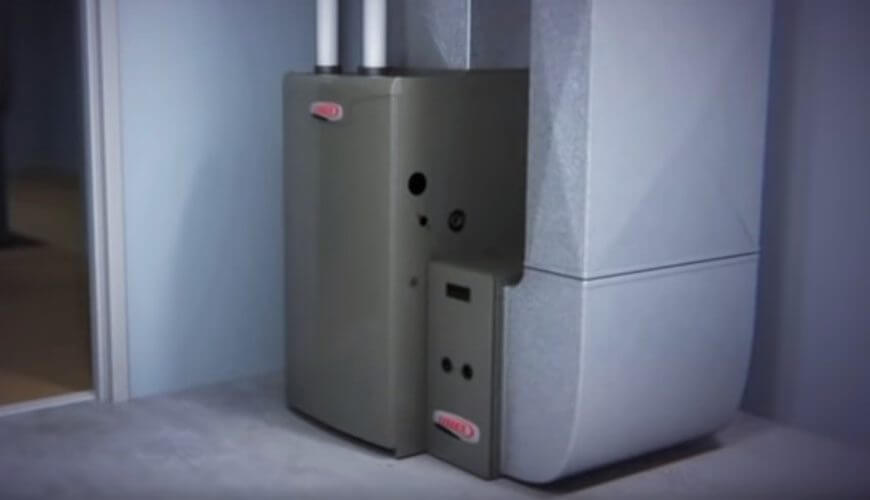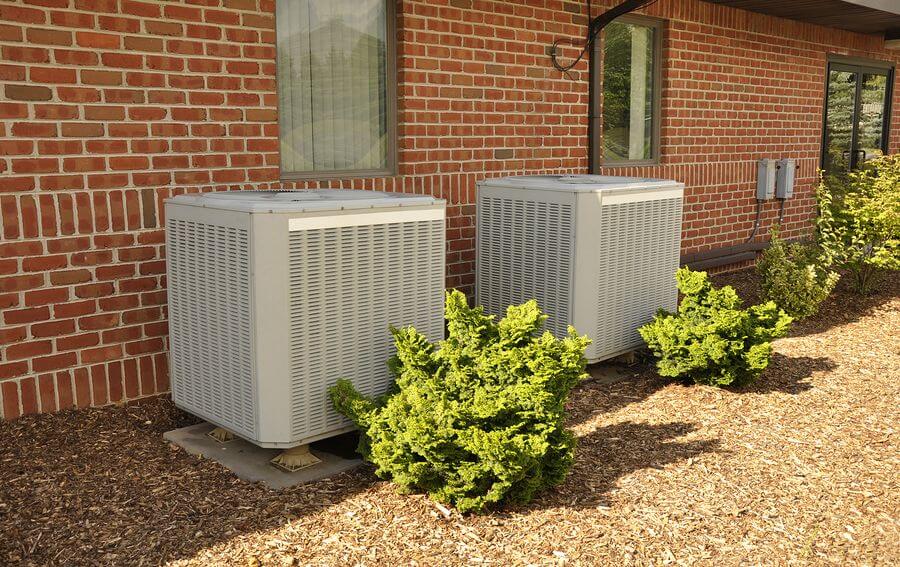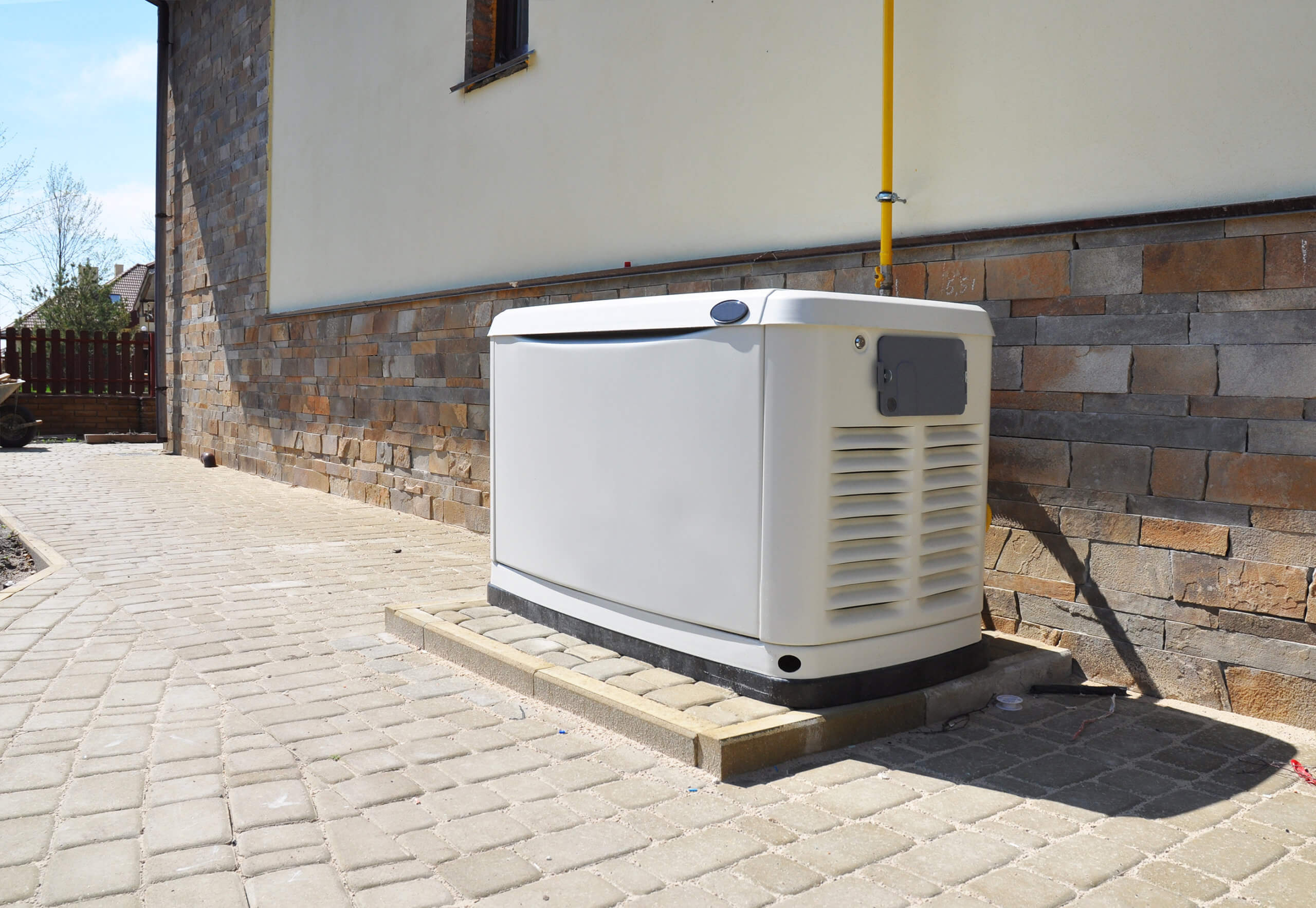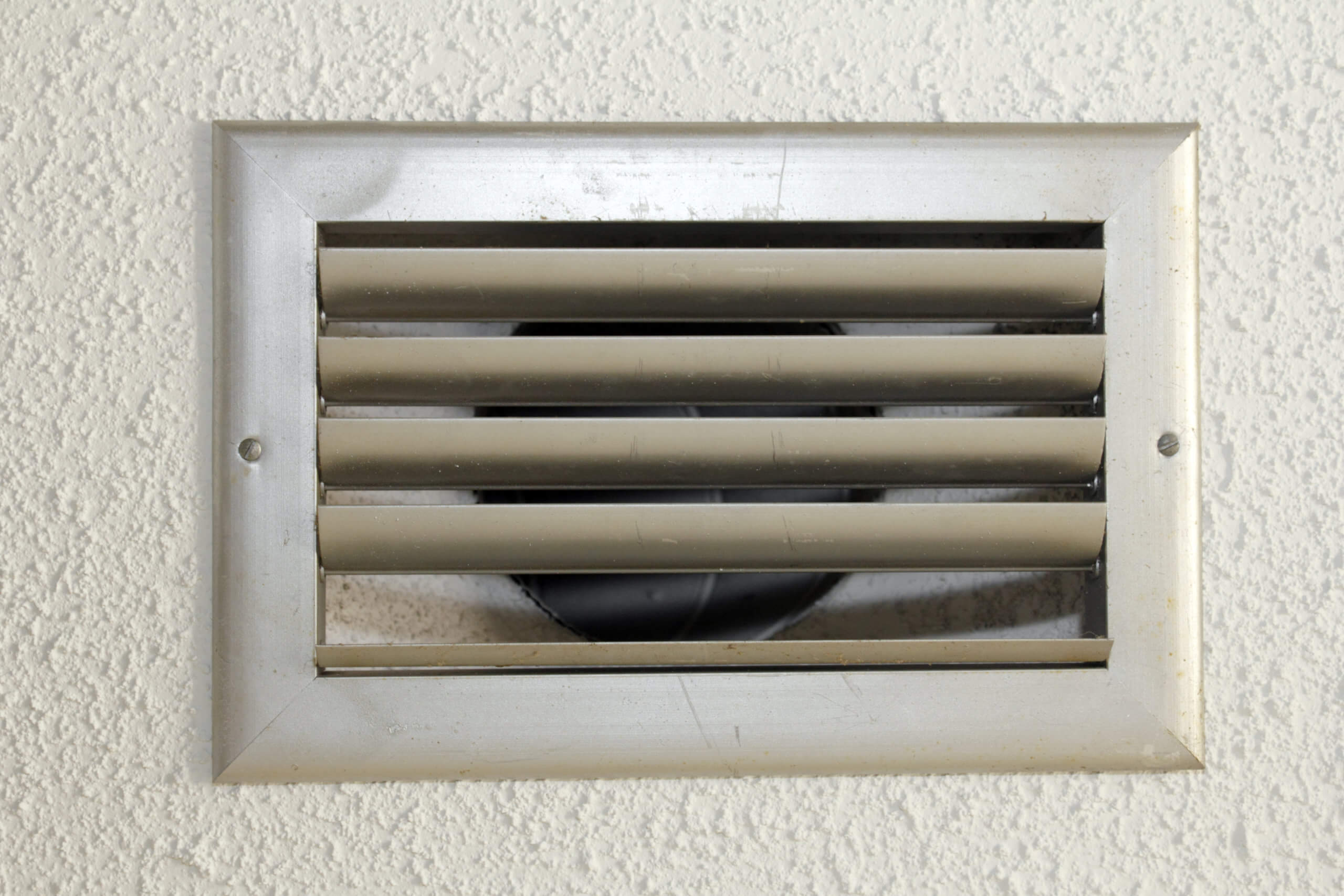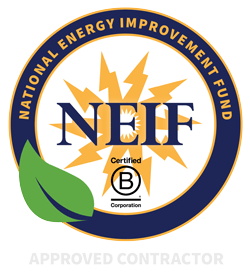4 Signs That A Ductless Mini-Split AC May Be Right For You
- Cooling
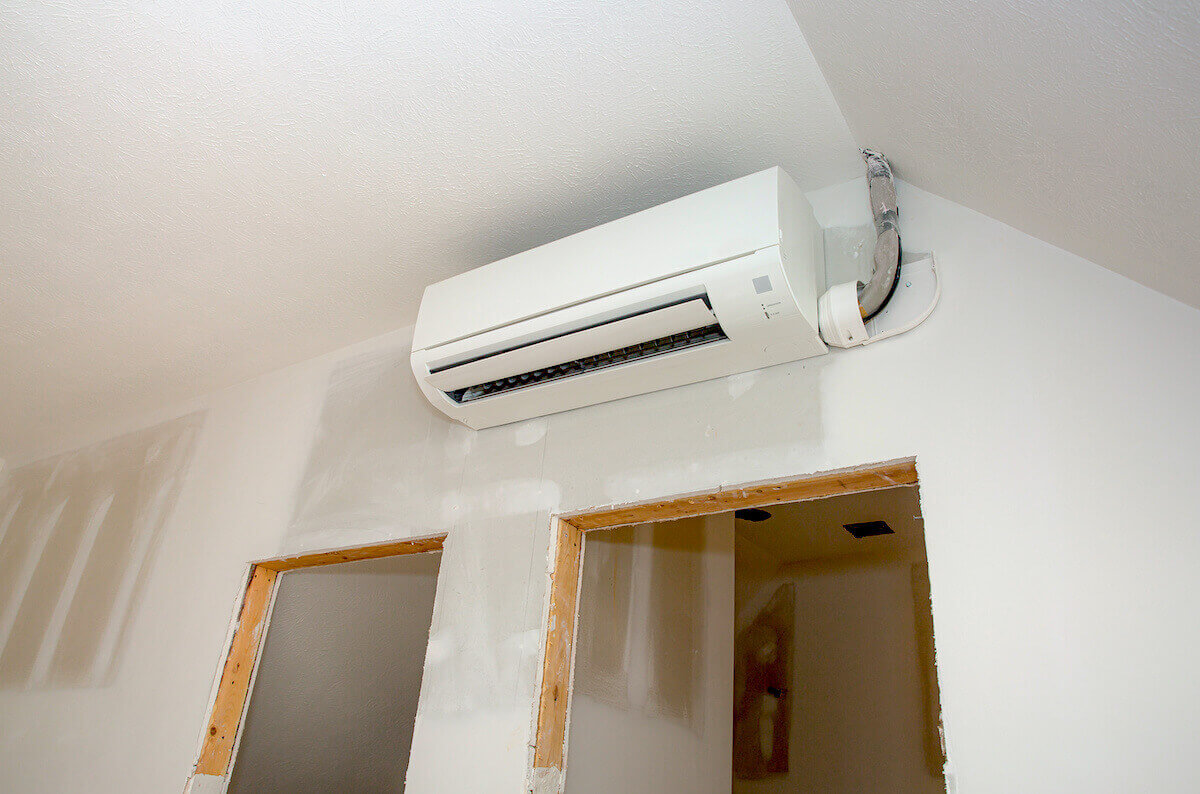
There are a lot of options out there for cooling systems. You have the standard central air systems, evaporative coolers, and even the classic window units. And that’s just scratching the surface of the deep, deep rabbit hole that is the air conditioner market. An often-overlooked variety is the ductless mini-split, which shares qualities of the other more traditional systems. They are similar to central air systems in their shared indoor air-handling unit as well as an outdoor compressor/condenser. The conduit links the two parts of the system together and contains the refrigerant tubing, power cables, condensate drain and suction tubing. Ductless mini-splits are an increasingly popular choice amongst homeowners in the North Shore area, so we’ve complied a short list of signs that you may want to look at a ductless mini-split.
Your Energy Bill is too High
Money makes the world go round, and there are certainly some financial incentives to adopting a ductless system. Ducted systems, while they have their benefits, aren’t always the most efficient option. With a ductless mini-split, energy loss is generally less than with a ducted system, where losses can be up to 30%. Saving that much on energy costs is nothing to joke about, and will eventually result in a net gain on you finances. Granted, the system does require more regular maintenance than the standard central air system, which mainly consists of a monthly filter care to maintain air quality. But when boiled down to a choice between a higher energy bill or a little more time on maintenance, most folks should be able to make up their minds.
Your Space is not Duct-Friendly
Some spaces are just not constructed in such a way that makes duct work financially realistic. In some cases, especially in certain older buildings, installing ducts may even be impossible. For those older structures, mobile homes, and newly constructed home additions, a ductless mini-split solution is your best bet for maximum comfort. While we’re on the topic of space, we’d be remiss if we didn’t mention how space-friendly ductless mini-split systems are. They can be mounted in any number of ways, including, but not limited to, flush-mounted on the ceiling, hung from the wall or suspended from the ceiling. The sleekly designed Mitsubishi Electric model, in particular, fits in subtly in any environment, and can be unobtrusively installed most anywhere that suits your needs.
You Need to Closely Control the Temperature in a Smaller Area
Ductless mini-split systems are at their strongest when used within a compact space. Depending on need, you may require multiple units to cover a greater area. Alternatively, you may elect to only cool certain high-traffic areas of the home. Mini-splits offer a great deal of customization and control on the user-end, and can even be programmed to only turn on when the building is occupied, or on a schedule.
You want a system that runs cleaner
You don’t need to be one of our expertly-trained HVAC techs to know: sometimes air ducts can get downright filthy. Air ducts are notorious for being one of the primary areas for a buildup of dust, dirt, pollen, and other contaminants which may be harmful to your health. Ducts require frequent cleaning to maintain interior air quality and ensure occupant safety. Eschewing ducts altogether, a mini-split denies these harmful materials an easy place to buildup and accumulate over time and also eliminates the need to frequent professional cleanings.
For More Information on All Things HVAC, Call NSHEC Today!
Contact North Shore Home Energy Today!
Check Out Our Current Specials!
Read The Great Things That Your Neighbors Are Saying About NSHEC.

